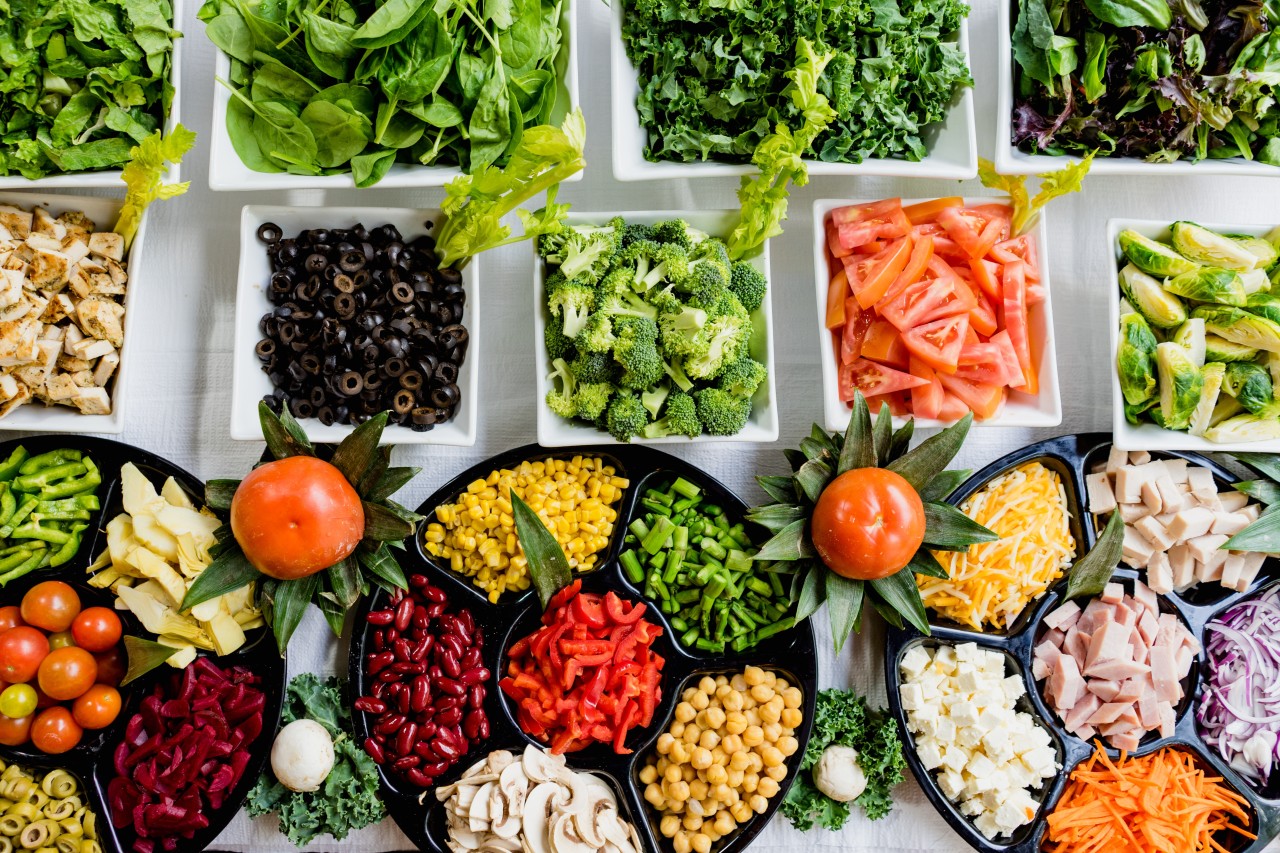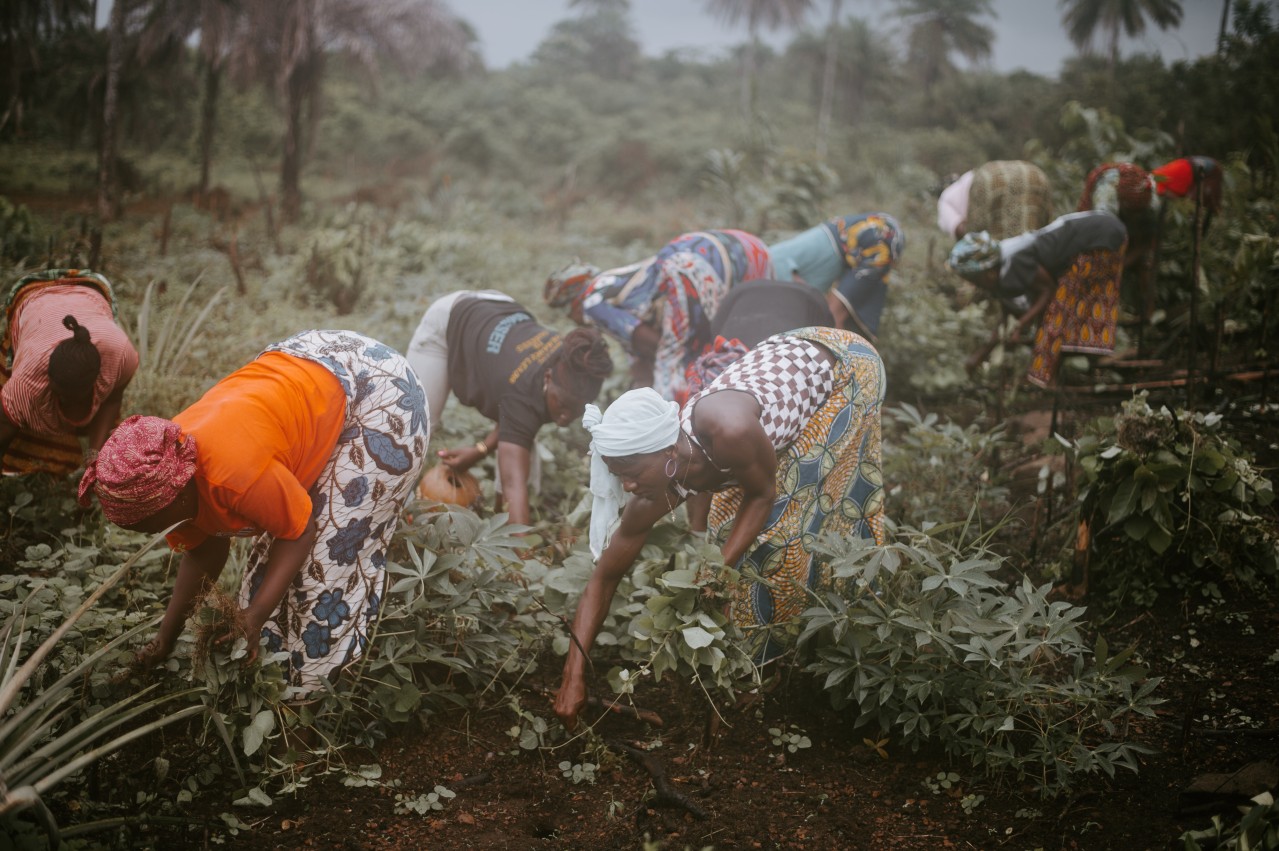ECOSOC at 80: Renewing Multilateralism in an Age of Global Uncertainty
On 23 January, the United Nations Economic and Social Council (ECOSOC) convened a commemorative session…

The conversation about food has taken on a whole new meaning thanks to the UN Food Systems Summit. Food has always played a key role in our lives: from bringing family and friends together, to providing a source of income to millions of people, to shaping national and international policy. The importance of food can never be overstated. However, the discussion on food has usually been quite narrow and limited. Until recently, the idea of food only pointed to what we eat. The Summit has expanded the traditional idea of food to include the whole life cycle of getting what we eat from farm to table.
The Summit was a success encompassing more than 100,000 people in over 140 countries producing over 2,000 ideas for action during the preceding National Dialogues. About half this number tuned into the summit and more than 200 commitments were registered across the Action Tracks in the Commitment Registry.
Recently, I had the opportunity to discuss the results of the Food Systems Summit at the 2021 CCFI Public Trust Summit. This was very apt as one of the key issues raised during the Food Systems Summit was nutrition and food integrity. People have become increasingly conscious about how food is linked to health and wellness. This has placed nutrition at the fore with the accessibility of nutritious food for healthy diets being one of the key challenges. The focus is gradually moving away from individual nutrients the body needs, to healthy diets as a whole. We have seen that shift especially in developed countries where non-communicable diseases, such as diabetes and heart disease, are driving conversations related to health increasingly more than hunger and undernutrition.
Did the food you eat come from a place that will drive your health and well-being? And will it support a broader societal goal? Producers need to start thinking of how they can contribute to getting nutritious food on the plates of consumers. Those in retail also need to consider how the value chain works to support fair and equitable livelihoods. Any discussion on food that does not involve nutrition and food integrity is not looking at the bigger picture.
The idea of access to nutritious food also pointed to resilience. Climate change as well as the COVID-19 pandemic tested the resilience of agricultural producers and the efficacy of agricultural trade. In some regions, food chains were remarkably resilient and innovative during these troubled times. However, the conversation on how to build more resilient food systems remains essential.
The importance of trade in agriculture became evident as trade helped to fill gaps where production could not meet growing demands. It is exciting to note that the World Trade Organisation led by DG Ngozi Okonjo-Iweala has acknowledged that trade and agriculture are inextricably linked, hence trade must work for agriculture. The Summit saw dozens of countries raise the importance of trade.
The climate change discussion has also quite often been one-sided with agriculture being highlighted as part of the problem. There was however a growing discussion on agriculture being a part of the solution and this was a welcome discussion. We really need to look not only at identifying the problems but also proposing solutions and that is real transformation. Pressure is already mounting for food systems to be a focus of the UNFCCC next year.
 Finally, at a time when we see global hunger growing, it is evident that we cannot take our efforts to feed the world for granted. We cannot also take the people who produce our food for granted. For a long time, farmers have struggled in terms of fair income, and this is a global challenge. As I mentioned before, living incomes are a vital part of the food system value chain and every time you have your coffee, tea, or hot chocolate, you need to be thinking about what you are saying about that whole value chain. What is a decent income for a farmer? What is the quality of work for workers within our food system? I say food system because we have to think of this at a broader scale, from pickers working on a harvest right down to those who serve us at restaurants. Everyone must be rewarded well enough and cared for in our food system.
Finally, at a time when we see global hunger growing, it is evident that we cannot take our efforts to feed the world for granted. We cannot also take the people who produce our food for granted. For a long time, farmers have struggled in terms of fair income, and this is a global challenge. As I mentioned before, living incomes are a vital part of the food system value chain and every time you have your coffee, tea, or hot chocolate, you need to be thinking about what you are saying about that whole value chain. What is a decent income for a farmer? What is the quality of work for workers within our food system? I say food system because we have to think of this at a broader scale, from pickers working on a harvest right down to those who serve us at restaurants. Everyone must be rewarded well enough and cared for in our food system.
Currently, as food affordability and availability are foremost on the minds of everyone in every country across the globe, the attention of a multilateral system focusing on food systems will continue. The definition of food systems still evolves, taking into account nutrition, livelihoods, health and wellness, climate and nature. The Summit is wrapped but food will not be leaving the limelight anutime soon, so we should start talking about food systems in new ways.